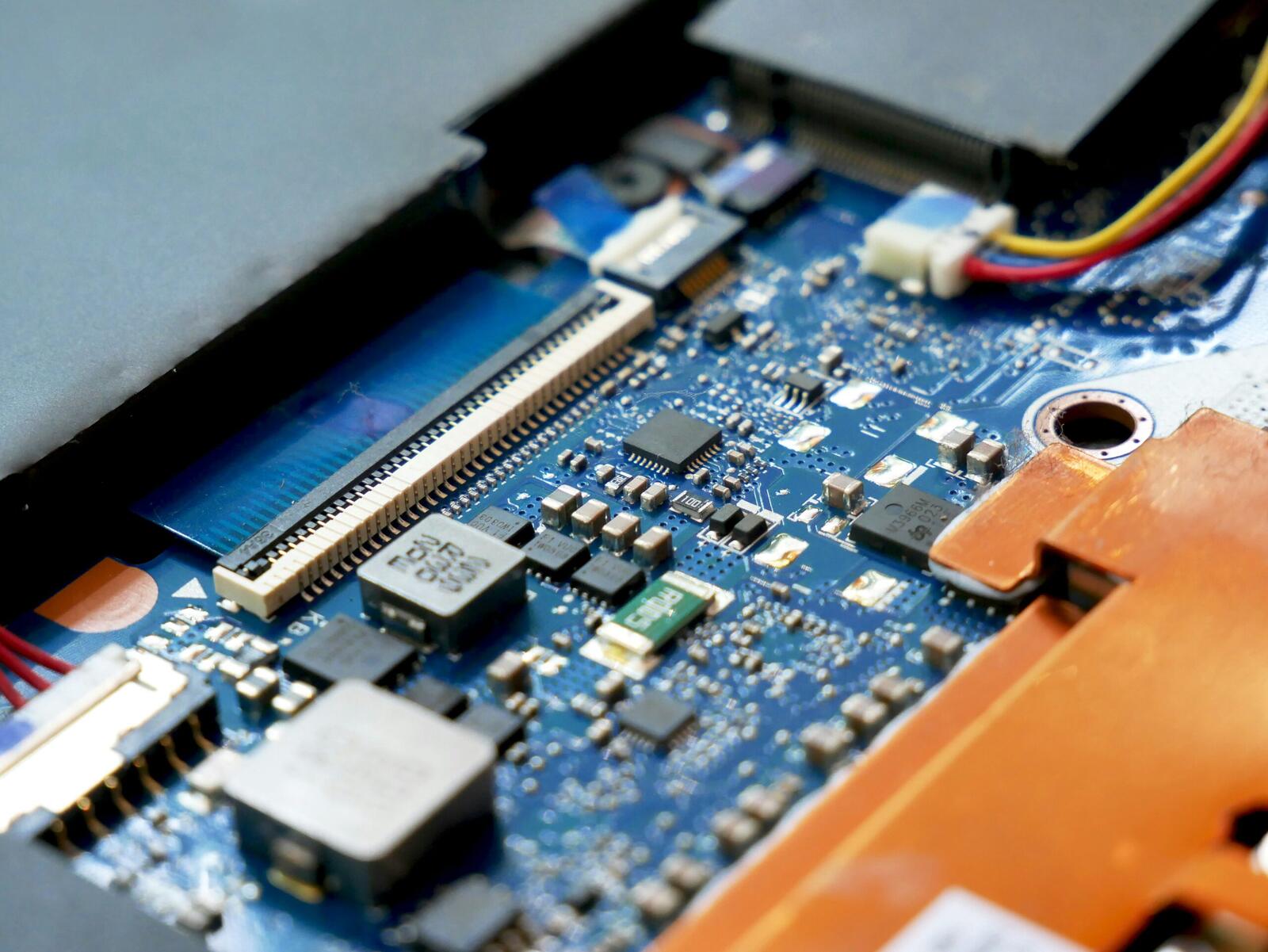The University of Bristol in the UK and Nagoya University in Japan have teamed up to work on microchips. This project is funded under the International Science Partnerships Fund. They intend to cut energy use and improve global pollution issues.
Martin Kuball, Professor of Physics at the University of Bristol and a Royal Academy of Engineering Chair in Emerging Technologies, said, “Imagine a world where it takes less than five minutes to charge an electric car and renewable energy sources which feed into the national grid with full efficiency.
“We are working hard to make this a reality by giving semiconductor devices more ‘muscle power’ and harnessing the same technology for example to reduce energy wastage while feeding wind and solar power into the national grid.”
Semiconductors, also known as microchips, make it possible for better efficiency in electric grids and electric vehicles. Researchers plan to shorten car charging periods to less than five minutes. Plans also involve trimming electricity consumption across entire networks.
This is especially interesting because it seeks new ways of designing electronic devices. Rather than sticking with traditional silicon systems, the team devotes its energy to gallium nitride, a material that may cut waste and shrink device size.
Who Is Leading The Charge?
Kuball added, “The University of Bristol is at the forefront of making these game-changing breakthroughs, which will help cut carbon emissions and make our energy consumption more efficient and user-friendly.
“We’re delighted and honoured to welcome Professor Amano, who is globally renowned for his scientific achievements, and look forward to working together on these exciting innovations which also have highly complex challenges to overcome.
More from News
- How Many Prompts Does ChatGPT Actually Receive?
- First-Ever Trade Mission To South Africa for Sadiq Khan, Mayor of London
- The Government Shares Plans To Try Combat Ransomware Attacks
- New Report Reveals Just 10% of Employees Drive 73% of Cyber Risk
- Why Is OpenAI Partnering With The UK Government?
- Experts Share: Would EU Businesses Consider Moving To UK After Trump’s 30% Tariff?
- What Happened With WeTransfer’s AI Policies, And Why Were Users Outraged?
- How Are Kids Using AI Companions, And What Are The Risks To This?
He continued, “I am sure staff and students will be inspired by the occasion and over the next couple of years researchers, including those at the start of their careers, will have the opportunity to visit Nagoya University in Japan to exchange important knowledge and expertise.”
In April, Professor Amano will visit the UK. During this trip, he plans to discuss how to create and manufacture new devices on a large scale. This event will happen at the University of Bristol, where PhD students and staff will attend to hear his insights.
The UK’s sponsor for this programme is the government Department of Science, Innovation and Technology. Scientists from the Device Thermography and Reliability group in Bristol, along with partners from Warwick and Cambridge, also have a role in shaping the research.
Could Electric Travel Bring New Benefits?
Charging times often discourage people from choosing battery-powered transportation. GaN-based power devices might ease this issue through higher voltage handling and more streamlined energy flow. Faster and more efficient charging stations could appear nationwide.
Smaller and cooler-running chips may lead to reduced waste in everyday electronics. That trend can help individuals save on energy bills, while also supporting eco-friendly methods in public networks. Professor Amano says GaN systems have already proven their worth in LED lighting.
The University of Bristol leads a project called the £11 million Innovation and Knowledge Centre REWIRE, directed by Professor Kuball, to progress advanced semiconductor devices. This project may open new opportunities for greener solutions across sectors. The combined talents from these institutions will accelerate global progress on lower carbon emissions.



